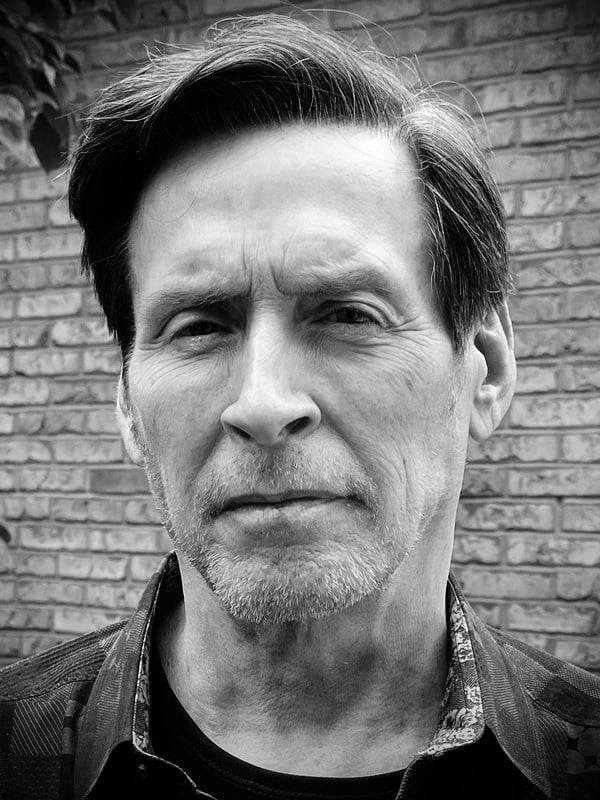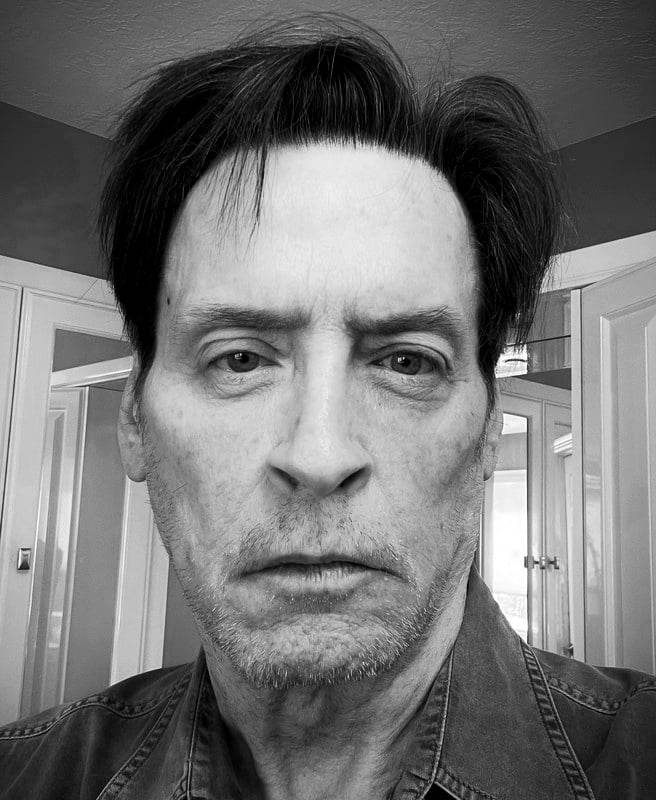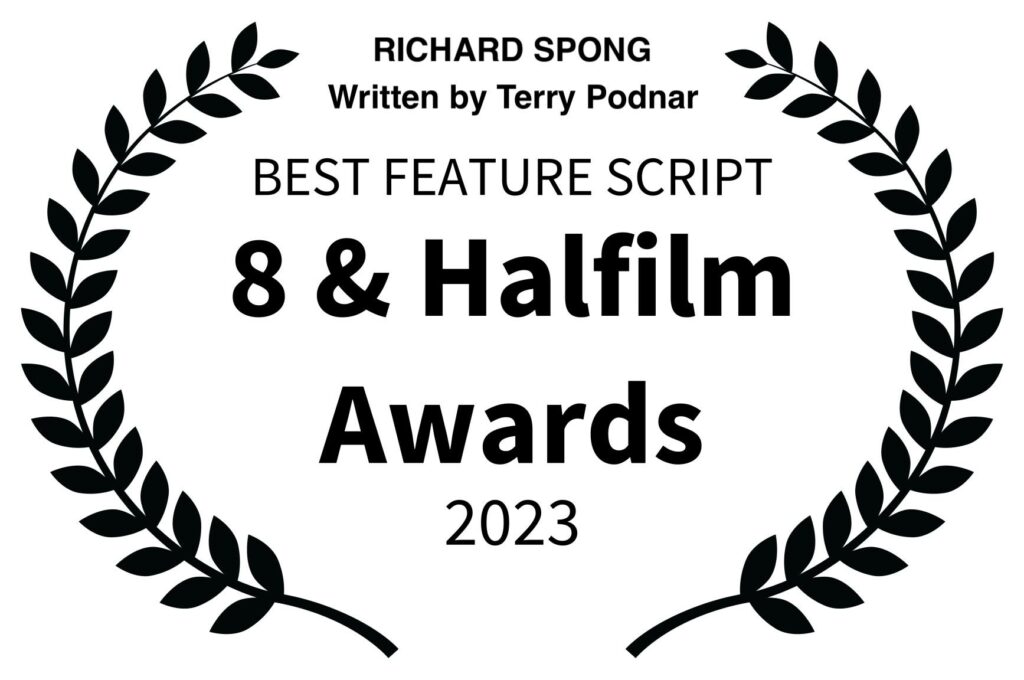
-Who is Terry Podnar?
I am a graduate of Kent State and a screenwriter who currently lives in Akron, Ohio, U.S.A.; however, I do have the flexibility and luxury to move. My passion for films started at a young age when I wrote and filmed many independent films. During that time, I had a full time job, went to college at night, had a family to support and wrote and made films. Something had to give: I was forced to make a living. An opportunity was offered to me to become the founder and CEO of a successful business that distributed metal throughout the globe. Eventually, I returned to my first love: writing screenplays, and now, I’m in it for the duration. In the past year, I have written eight award-winning screenplays: four feature length screenplays and four short scripts. One of my feature screenplays, The Red Zone, was placed on Coverfly’s The Red List in January of this year. My newest script, Richard Spong, won Best Feature Script at the 8 & Halfilm Awards, which was its first festival submission. Many of these disparate experiences, influences and education formed the person I am today.
-What inspired you to become a screenwriter?
My inspiration for screenwriting began when I was assisting a friend who was making a movie. I was fascinated by the manipulation of images, scenes, editing, dialogue, etc. in a purposeful manner to move a reader or an audience. To create your own world where a story is conveyed in your own way is an exciting challenge. I strive to take an inchoate idea and develop it through a writing process. When a reader grasps and appreciates what I’m trying to convey, it gives me deep satisfaction. It feeds the inspiration and encourages me to create something greater and different.

-Do you think the cinema can bring a change in the society?
Absolutely. But the change can be good or bad. There is no question of the influence of cinema that affects all of us. A good example is when people often quote dialogue or describe scenes in movies. That person has been impacted in some way, good or bad. I agree with British empiricist, David Hume, who said people constantly change imperceptibly every moment. The experience of cinema compacts or accelerates that change in a two hour period. The experience leaves the audience indelibly affected whether they like the film or not. After the movie experience, the person is not the same as the person who went into the theatre. An extreme example is when Hinkley shot U.S. President Reagan because of his obsession with Jodie Foster in Taxi Driver. The effect of cinema on society is irrefutable.
-What would you change in the world?
It’s my wish to see peace achieved by tolerance. There is some hope as the world becomes smaller through technological advances. Several years ago, for example, I never would have thought to submit a screenplay to 8 & Halfilm Awards because of the distance and communication; however, the world has become a global society. I frequently text and communicate to people all over the world. It’s unfathomable to think that someone who befriends you will also hurt you because you’re different. I may never see the merging of societies, cultures, beliefs, etc. in my lifetime, but I’m hopeful of the future. Most of my scripts always end looking toward a better future.

-Where do you see the film industry going in the next 100 years?
The film industry constantly evolves into something impossible to predict. It’s in a state of constant flux where new developments happen every year. No one in the silent era could imagine what would transpire now and that was only 100 years ago. Unpredictable catastrophes, wars, trends, technology… transform the journey forward. I believe moving forward and looking to the future unafraid is uncertain and exciting. Writers and filmmakers in the future will inevitably face the same problems we face today: find new ways of telling well-worn stories. I believe the unique and innovative people in the film industry will adapt and write and make movies accordingly. We always do.
